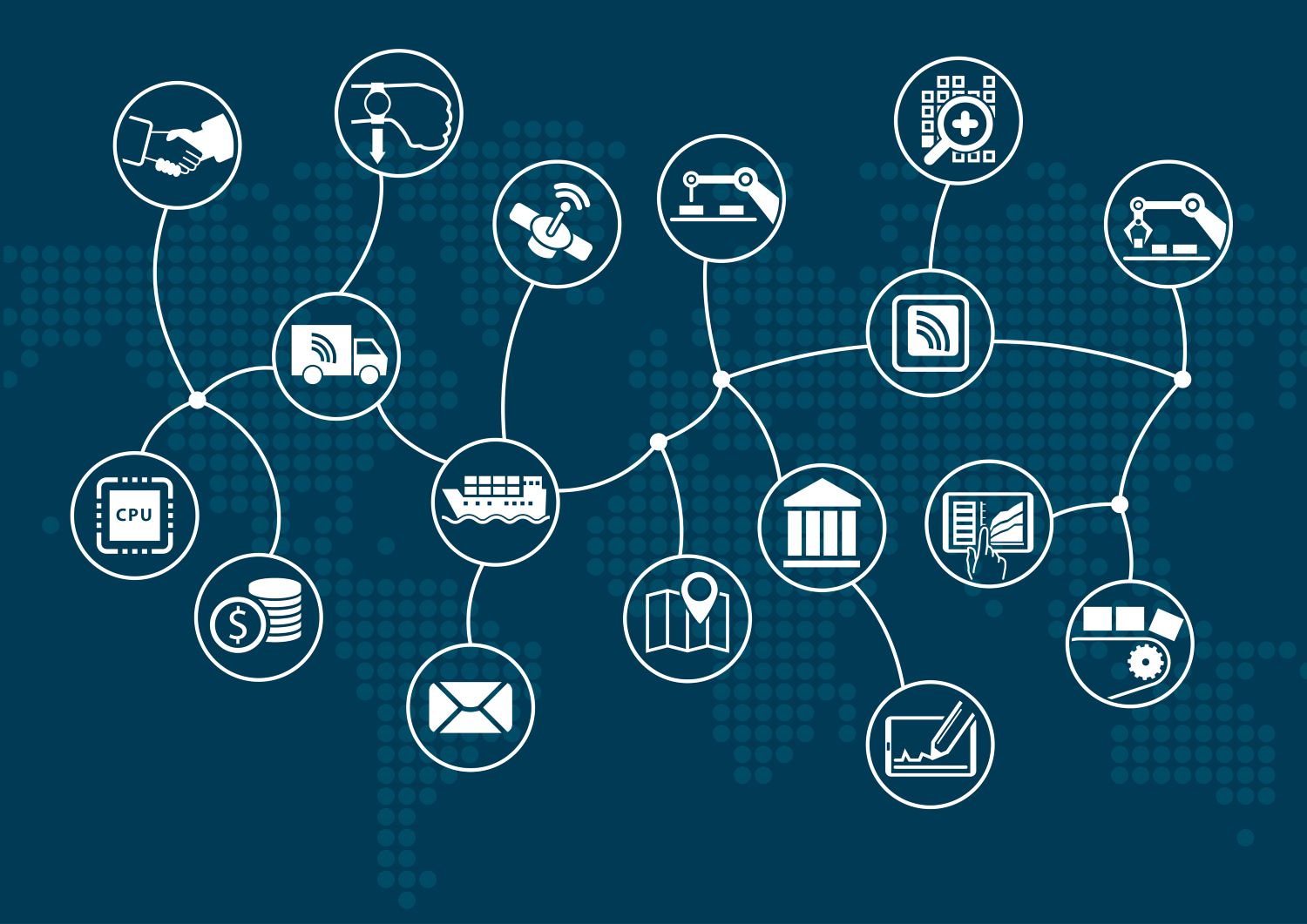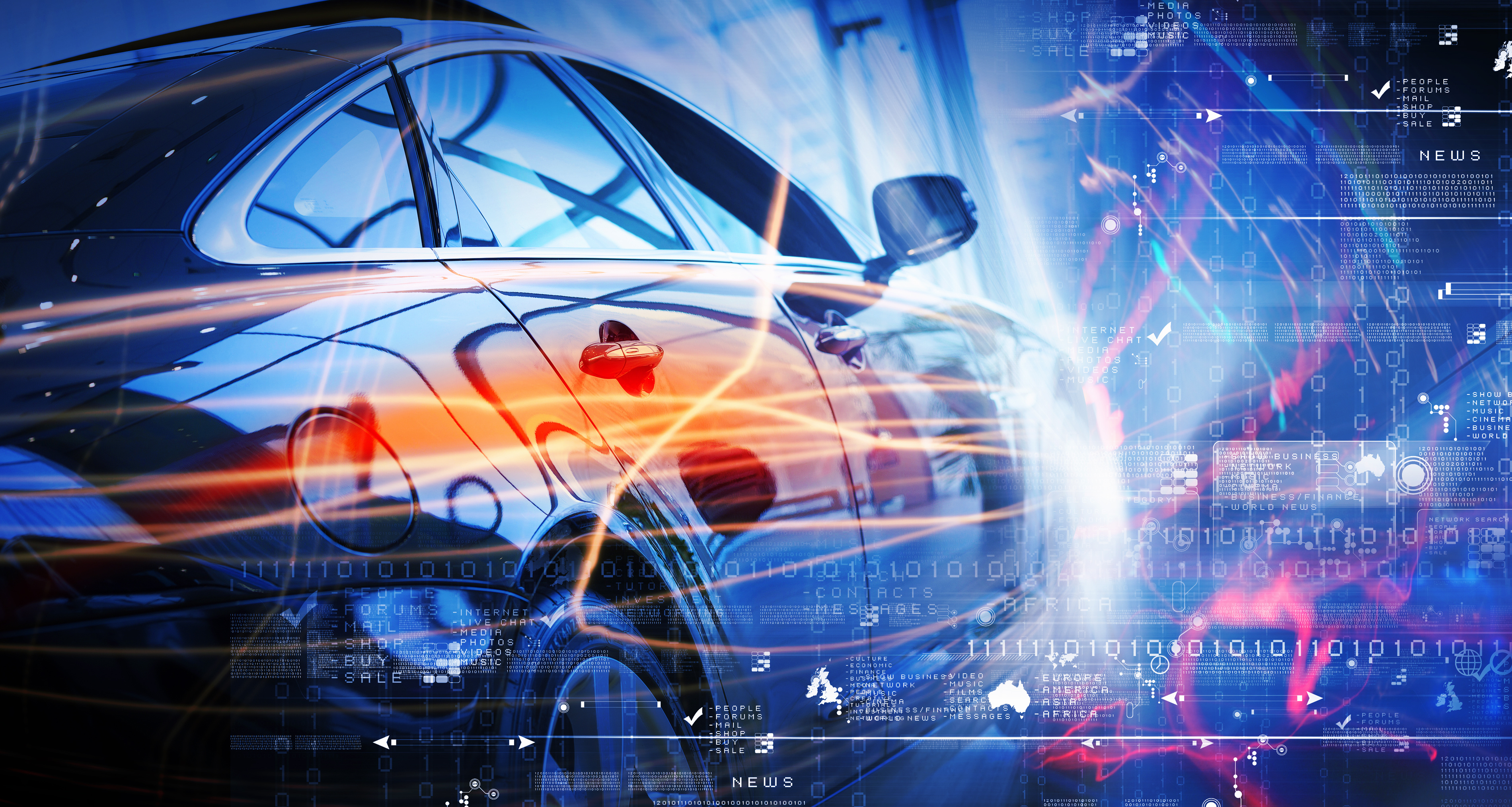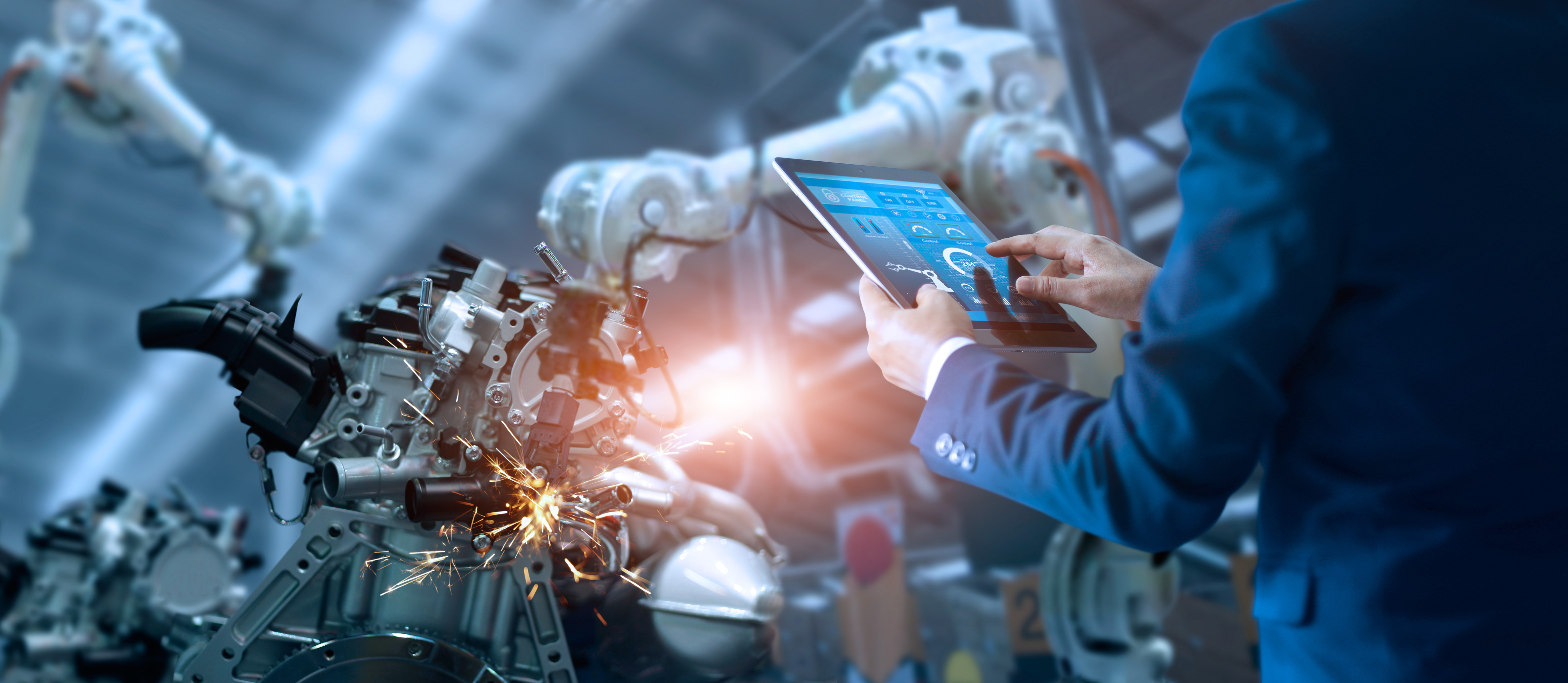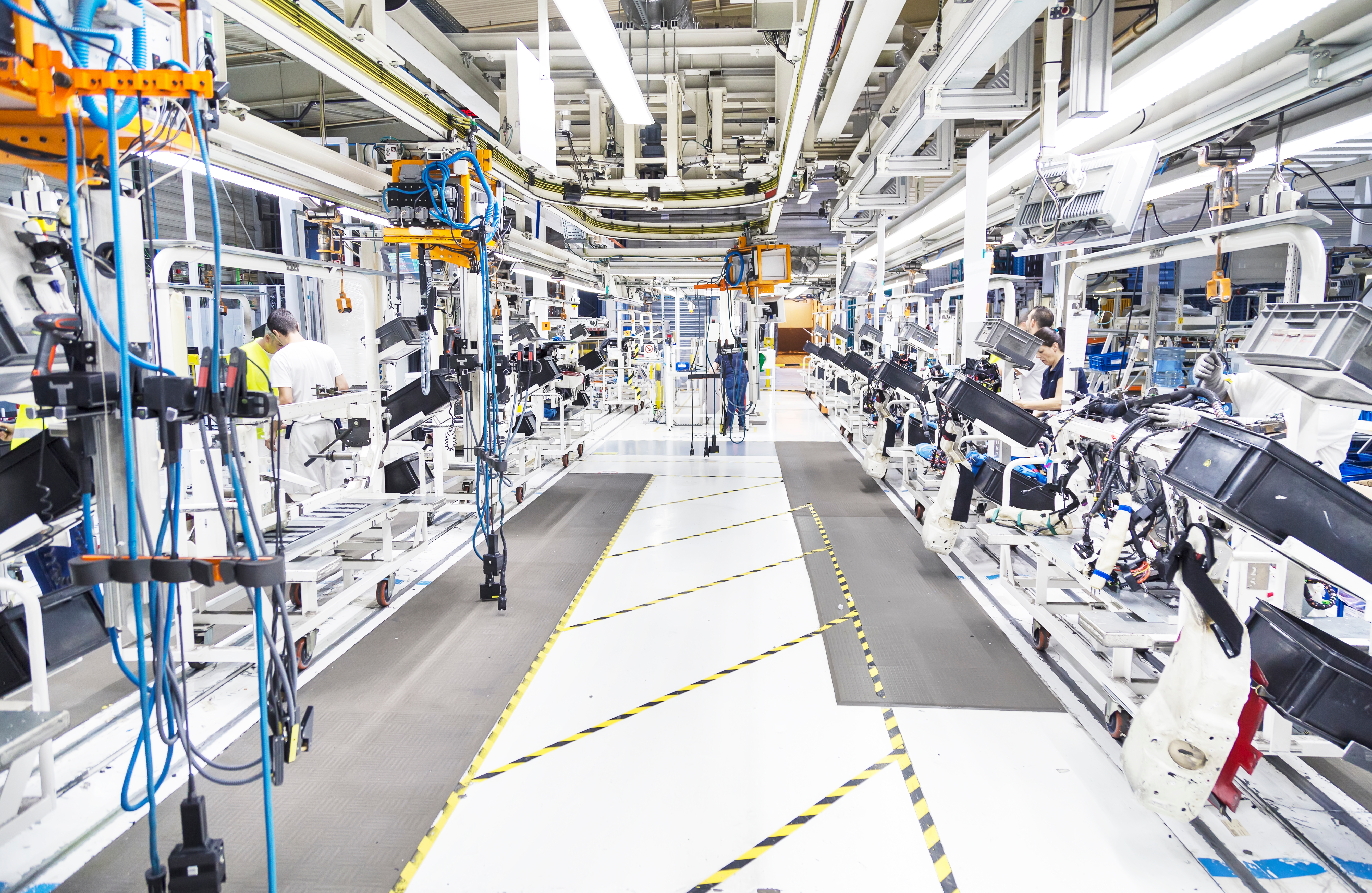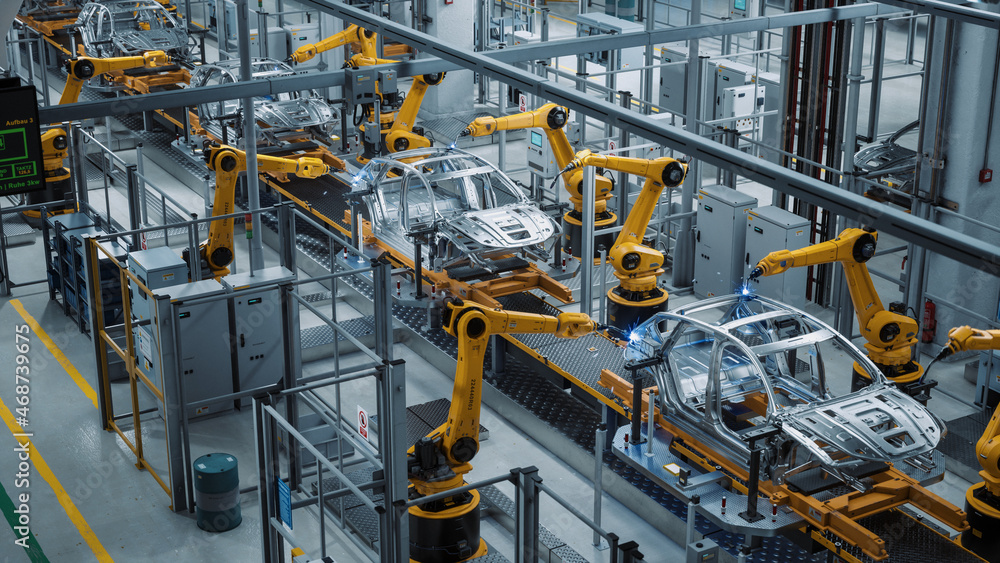Industry 4.0 – the Fourth Industrial Revolution – I4.0 is well underway and already reshaping various aspects of manufacturing, supply chain and customer experience.
Smart Manufacturing and Automation are leading the way with I4.0 in automotive manufacturing by integrating automation, data analytics, and the Internet of Things (IoT) into production processes. “Smart Factories” equipped with connected sensors, robotics and AI-driven systems enable efficient and flexible production processes. Automated assembly lines that are guided by real-time data, enhance productivity and quality control. Predictive maintenance systems use machine learning algorithms to detect potential equipment failures, minimizing downtime. Overall, smart manufacturing enhances agility, reduces costs, and improves overall operational efficiency and quality.
More important than ever, connected supply chains and logistics are vital to ensure demand is met at all points in the supply chain. I4.0 methodologies enable automotive companies to create connected supply chains that streamline logistics and enhance visibility. Real-time data exchange and IoT-enabled sensors facilitate efficient inventory management, demand forecasting and order fulfillment. Smart warehouses equipped with automated systems optimize inventory control and reduce errors. Additionally, advanced analytics tools help optimize routes, reduce fuel consumption and augment the overall efficiency of the logistics network.
Transformation is underway with a higher level of expected customer experience. Connected vehicles equipped with IoT sensors and telematics enable real-time monitoring of vehicle performance, allowing for predictive maintenance and remote diagnostics. Advanced driver assistance systems (ADAS) and autonomous driving capabilities enhance safety and convenience. Furthermore, data analytics and AI-powered algorithms enable personalized services, such as tailored vehicle configurations and opportunities for the consumer to provide real-time feedback on performance. Integration of digital platforms and mobile applications also enables seamless interactions between customers and automotive companies, including vehicle purchasing, service scheduling and remote control functionalities.
Tremendous opportunity through data analytics and AI-driven insights from I4.0 applications enable automotive companies to collect vast amounts of data from vehicles, manufacturing processes and customer interactions. These data allow companies to gain valuable information for decision-making and innovation. For instance, predictive analytics can optimize production planning and inventory management, reducing costs and improving efficiency. Machine learning algorithms can analyze customer data to understand preferences and market trends, enabling companies to develop targeted products and services. Moreover, data-driven insights support continuous improvement initiatives and foster innovation in areas such as autonomous driving, electric vehicles, and mobility solutions.
Industry 4.0 is reshaping the automotive industry by leveraging advanced technologies and data-driven insights. Smart manufacturing, connected supply chains, enhanced customer experiences and data analytics are driving improvements in efficiency, productivity and innovation. Automotive manufacturer that embrace Industry 4.0 principles can gain a competitive edge by adapting to evolving customer needs, optimizing operations, and capitalizing on emerging technologies.



